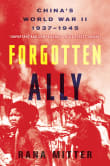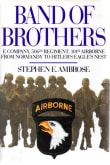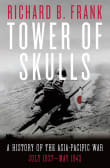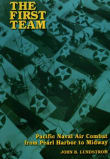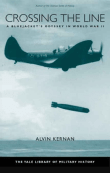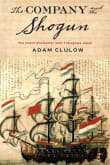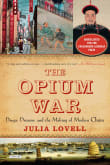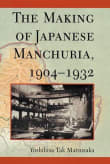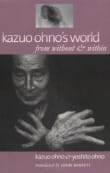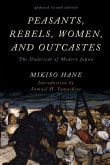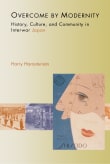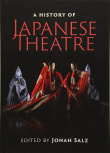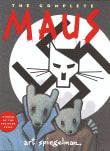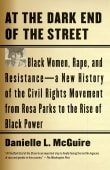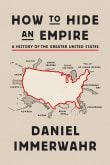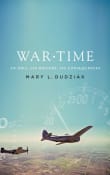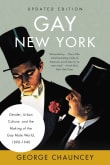War Without Mercy
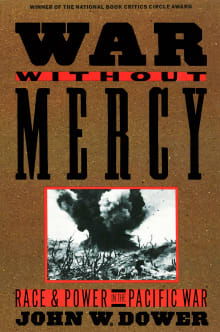
Book description
WINNER OF THE NATIONAL BOOK CRITICS CIRCLE AWARD • AN AMERICAN BOOK AWARD FINALIST • A monumental history that has been hailed by The New York Times as “one of the most original and important books to be written about the war between Japan and the United States.”
In this…
Why read it?
5 authors picked War Without Mercy as one of their favorite books. Why do they recommend it?

This book is probably the first scholarly book that blew my mind and pushed me to want to know what else I had always gotten wrong.
Where, like most people I know, I had always thought that the Japanese bombing of Pearl Harbor was just a thing that happened because of “war,” this book made it clear why it happened.
The US and Japan, both diplomats and everyday people, did not choose to understand each other. Different world views, different assumptions, and plain old racism led the US and Japan into a horrific, bloody conflict with long-lasting consequences.

Dower’s landmark book exposes propaganda as a weapon of war. He describes American and Japanese propaganda, demonstrating how both countries used pre-existing stereotypes to demonize the other. For the Japanese, Americans were giant brutes like gorillas or monsters. Americans used the stereotype of insects such as ants blindly following the leader in a never-ending swarm of invasion. The portrayal of a Japanese soldier with glasses and buck teeth clenching a blond woman in his grasp was intended to frighten and motivate Americans to fight to the end. While everyone knows and expects propaganda to be part of a war, Dower…
From Harold's list on on World War II according to my students.

War Without Mercy is a seminal work in the cultural and military history of the Pacific War. In his aim to understand the formation of public consciousness in the United States and Japan during World War II, which is a consistent theme throughout his many works, Dower uses cultural and empirical sources to provide nuance and greater depth in the historiography on the Japanese modern era.
From Adam's list on Japanese postwar creative arts.
If you love War Without Mercy...

Widely praised when it came out in 1986, War without Mercy is still a classic. Dower offers a comprehensive account of the ways in which ideas and stereotypes – constructed by Americans towards the Japanese, and vice versa – shaped the Pacific theatre of the Second World War. The research is exhaustive (and the succession of quotations and images depicting the other as inferior and despicable may, in fact, exhaust some readers after a while), but the central point about the dehumanising power of racism, especially in the context of geopolitical confrontation, is one that continues to be relevant today.
From Cees' list on East Asia in the age of empire.

John Dower’s path-breaking book, aims to illustrate the profound impact of racial stereotypes and race hatreds as a major factor that clearly distinguishes the United States’ approach to the War with Japan from its approach to the war in Europe. At the most basic level, American soldiers and most of the American public clearly differentiated starkly between their German and Japanese enemies. German soldiers were viewed as merciless and deadly but still as human beings. Indeed Americans often drew a distinction between “bad Germans”, the Nazi leaders and government, and ordinary “good Germans”.
On the other hand, there were no…
From Ronald's list on the Asia Pacific War from 1937-1945.
If you love War Without Mercy...
Want books like War Without Mercy?
Our community of 12,000+ authors has personally recommended 100 books like War Without Mercy.

